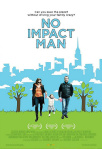 Of all the consumables I couldn’t live without, it wouldn’t be the internet. Neither would it be chocolate, ice cream or shampoo. I think I could cope without electricity just fine (I learnt how to make camp fires as a child). No, the one thing that would really chafe me (quite literally) would be not having toilet paper.
Of all the consumables I couldn’t live without, it wouldn’t be the internet. Neither would it be chocolate, ice cream or shampoo. I think I could cope without electricity just fine (I learnt how to make camp fires as a child). No, the one thing that would really chafe me (quite literally) would be not having toilet paper.
I’m not usually one for watching documentaries, but last night my wife and I forewent our trashy film fascination to watch the 2010 documentary ‘No Impact Man’. It follows a year in the life of New York writer Colin Beaven and his family’s attempt to live a year with no-net impact on the environment. No plastic, no elevators, no public transport, no electricity and only locally-sourced food. And no toilet paper.
For an upper-middle class family who think nothing of spending $1,000 on a handbag, their painful transition certainly makes for compelling viewing. Were they bonkers? Quite possibly. The US tabloid media certainly thought so, and were lambasted as self-promoting weirdoes. Their motives appeared genuine, and after watching their efforts it is difficult to not be challenged; which is perhaps why their experiment attracted so much antagonism. No Westerner likes to think that they are living a lifestyle that sucks the planet dry. No one likes to admit they’re wrong. No one likes to give anything up.
Few of us are going to cast everything modern aside and wash our laundry with borax and bicarbonate of soda. But if there was one thing - even a small thing - that we could change to make a measurable difference to the environment, what would it be? The answer to that question might surprise you.
Keep up with the Jones’ - go green
Solar panels and hybrid cars are sexy. They are what being a middle-class eco-warrior is all about. Look at the facts though, and they are small-fry. Yes, a viable future without gasoline would be great (it’s going to happen anyway) but for today, investing in an electric car is not the best bang for your buck. If you care about the environment, that is.
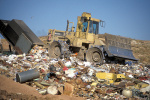 The Institute for Prospective Technological Studies (a research body funded through the EU) have quietly spent years scrutinising libraries of data to make sense of the cost Western living is having on our planet. I don’t envy them. Having read - ok, scanned - their lengthy reports, there is a LOT of data to analyse.
The Institute for Prospective Technological Studies (a research body funded through the EU) have quietly spent years scrutinising libraries of data to make sense of the cost Western living is having on our planet. I don’t envy them. Having read - ok, scanned - their lengthy reports, there is a LOT of data to analyse.
Using the same techniques economists use to measure whether a given product or service produces a net financial income (input-output tables), they used environmental damage instead of money. And we’re not just talking about how much CO2 is directly pumped out of your house - it’s the whole she-bang: manufacture of a product, transport of it to the shops, impact of growing something, chemical damage from fertiliser run-off, ozone depletion and landfill cost.
The top five ways not to spend your money
For every Euro (pound or dollar) that you spend, you are doing the most environmental harm if you spend it on:
- Food
- Home furnishings
- Transport (including car)
- Staying in a hotel
- Heating, water and electricity for your home
Surprised? Food beats cars in terms of global warming by a considerable margin. Production of food, from ‘food to fork’ accounts for nearly a third of all environmental damage Western living does to the planet.
The Beaven family ate lots of seasonal vegetables, eggs and cheese from local farms. Presumably, there were no cattle ranches near New York City. Cutting out meat undoubtedly yielded the greatest positive environmental impact, as we will see if you look at the top 10 list of environmentally-damaging foodstuffs:
- Meat
- Poultry
- Sausages and other prepared meat products
- Dairy products
- Everything else (alcohol, vegetables, soft drinks, etc.)
Midway through the documentary, the family befriend a gardener. Burly and unassuming, he rebuked Colin Beaven’s enterprise: ‘You’re not going to change anything. It’s the politicians who push consumerism and tell us to keep buying. That’s who’s at fault.’ And he had a point.
Eat less? Or go travelling less?
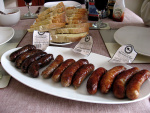 Our efforts will only go so far, and I shan’t belittle anyone’s attempts to recycle, install solar panels and use energy-saving light bulbs. However, the most time and cost-effective positive change we could do is to reduce the amount of meat we eat. And tell others the same. Shopping from local farms will help. I type this through gritted teeth (if that were possible) as I doubt there are many people who adore steak and chicken as much as me.
Our efforts will only go so far, and I shan’t belittle anyone’s attempts to recycle, install solar panels and use energy-saving light bulbs. However, the most time and cost-effective positive change we could do is to reduce the amount of meat we eat. And tell others the same. Shopping from local farms will help. I type this through gritted teeth (if that were possible) as I doubt there are many people who adore steak and chicken as much as me.
Ah well, at least there’s some good news. I can continue to wipe my bottom with a clear conscience.
Thanks for reading - all opinions expressed are my own. Feel free to leave your comments below…
Follow @realdoctorstu
. </spa
References:
Tukker, A. et al (2006). Environmental Impact of Products (EIPRO). Analysis of the life cycle environmental impacts related to final consumption. Institute for Perspective Technological Studies

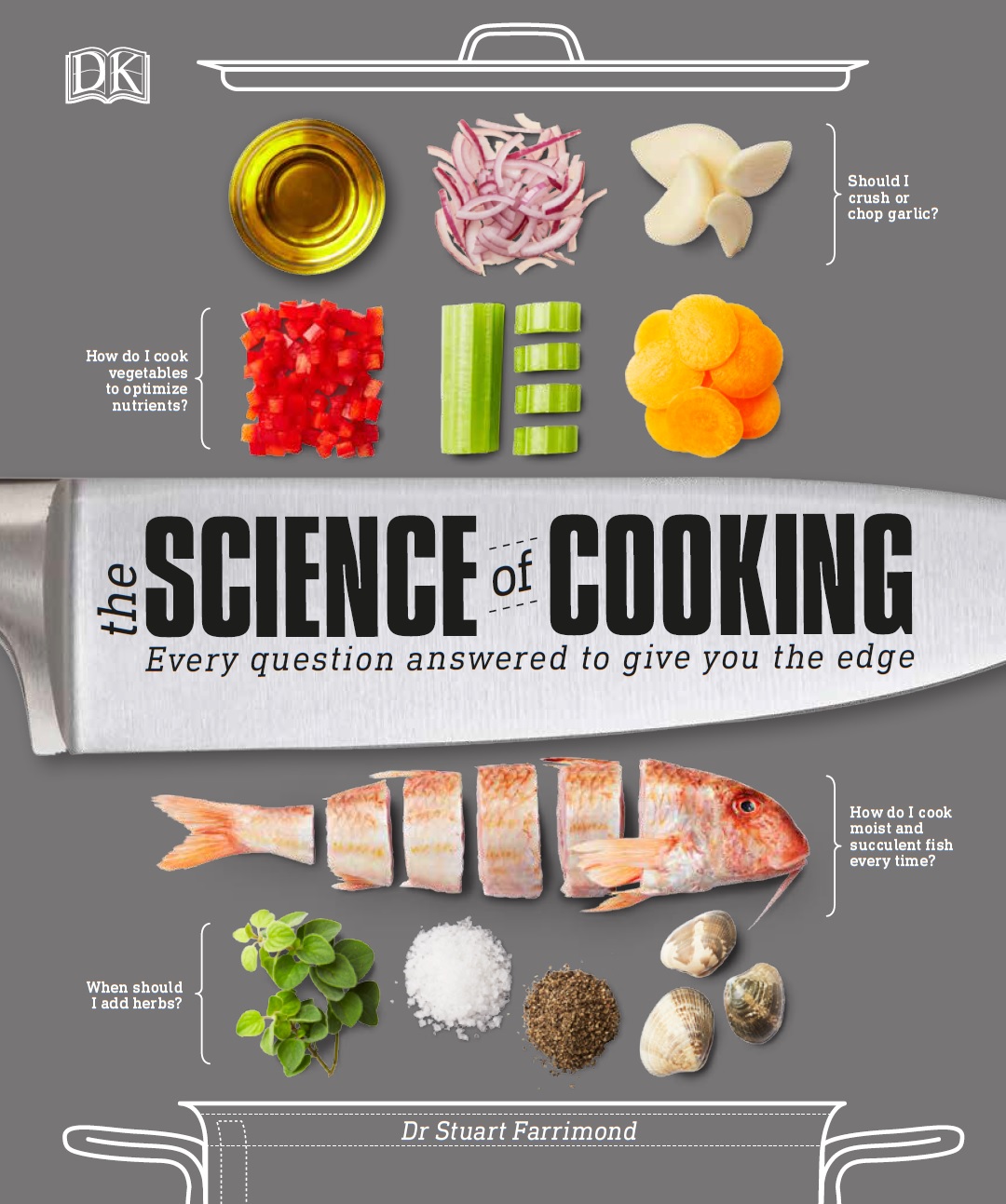



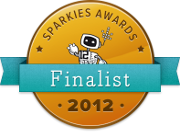
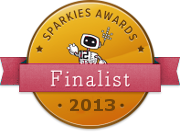
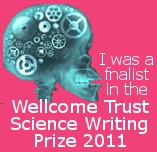

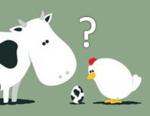
Discussion
Trackbacks/Pingbacks
Pingback: No Light Friday Night: The Challenge To Reduce My Personal Impact « BenVealPR.com - September 29, 2012